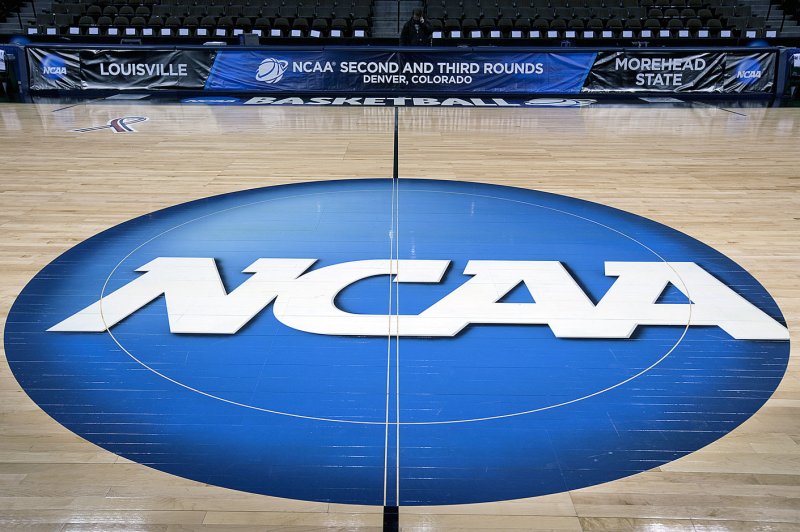The previous NCAA policy on the matter, which was adopted in 2010, applied to all sports and was based on hormone therapy requirements. File Photo by Gary C. Caskey/UPI |
License Photo
Jan. 20 (UPI) -- The National Collegiate Athletic Association has updated its policy for transgender student-athletes and is taking the same sport-by-sport approach that's been adopted by international Olympic authorities.
The NCAA announced the update on Wednesday and said it was approved by its Board of Governors.
Under the new change, transgender athletic participation for each collegiate sport will be dictated by whatever the policy is for the sport's national governing body. Those individual policies are subject to NCAA review.
If there is no national governing body for a particular sport, the sport's international federation policy will be used as the standard. If there is no international policy, international Olympic policy would be used.
The previous NCAA policy on the matter, which was adopted in 2010, applied to all sports and was based on hormone therapy requirements.
The updated policy aligns transgender participation for college sports with recent changes adopted by the U.S. Olympic and Paralympic Committee and the International Olympic Committee.
"We are steadfast in our support of transgender student-athletes and the fostering of fairness across college sports," NCAA Board of Governors Chairman John DeGioia said in a statement.
"It is important that NCAA member schools, conferences and college athletes compete in an inclusive, fair, safe and respectful environment and can move forward with a clear understanding of the new policy."
The NCAA Board of Governors urged flexibility to allow for individual eligibility in cases where a transgender student athlete "loses eligibility based on the policy change provided they meet the newly adopted standards."
The collegiate governing body said that transgender athletes must document sport-specific testosterone levels starting four weeks before their sport's championship selections.
The new policy is effective immediately and will begin with the 2022 winter championships.















